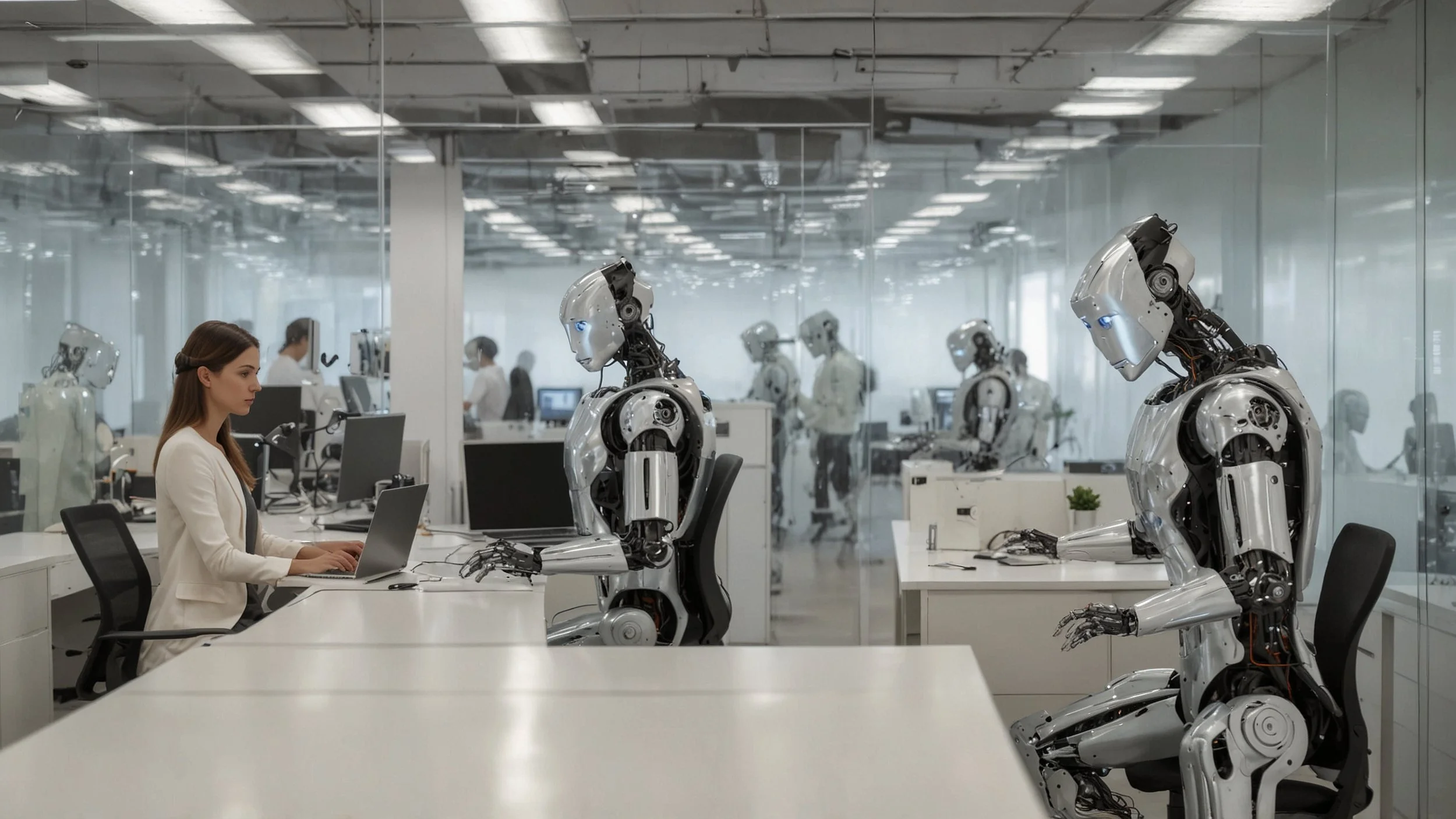Business Revolution: The Era of Hyper-automation and Advanced Omni-channeling
Digital transformation is no longer a trend but a necessity. Hyper-automation emerges as the fundamental strategy that combines technologies such as AI, RPA and IoT to optimize processes, improve customer experience and ensure competitiveness. Integrating these advances with ethical practices ensures sustainable growth and smarter operations.
Automated Omnichannel, The Pillar of Total Satisfaction
Automated omni-channel integration integrates multiple service channels, creating a uniform and consistent customer experience. This capability ensures that, regardless of the means of contact, the company maintains a consistent level of quality and rapid response. As a result, customer loyalty is reinforced and a deep emotional connection is generated without the need for direct human intervention.
Key Technologies in Enterprise Hyper-automation
Artificial Intelligence (AI), robotic process automation (RPA) and the Internet of Things (IoT) are advanced technologies that, when combined, are revolutionizing the way businesses operate today. These technologies not only enable internal processes to be optimized, but also prepare organizations to adapt quickly to an ever-changing market environment, boosting their ability to innovate and remain competitive.
The AI improves decision making through predictive analytics and machine learning, making it easier to anticipate market demands and trends.
The RPA automates repetitive and administrative tasks, significantly reducing human error and freeing resources for strategic activities.
The IoT connects devices and systems, providing real-time data that enables continuous monitoring and instant adjustments to operational processes.
The combination of these technologies fosters innovation by generating new business models and customized products, strengthening the company's resilience to disruptive changes.
Ethics and Sustainability: Fundamental Links in the Digital Transformation
The implementation of hyper-automation in organizations requires a strong ethical commitment to ensure that technological advances benefit everyone involved. This commitment implies acting responsibly, protecting fundamental aspects such as privacy and information integrity.
It is key to respect the privacy of individuals, avoiding the misuse of personal data and ensuring that all information collected is handled as carefully and confidentially as possible.
Responsible handling of data involves establishing clear protocols for its storage, access and processing, ensuring that it is not used for unauthorized or discriminatory purposes.
Maintaining transparency in automated processes makes it easier for employees and customers to understand how decisions are made, which drives trust and acceptance of these technologies.
Adopting an ethical approach to hyper-automation helps to protect corporate reputation, avoiding legal and image risks arising from irresponsible practices.
Finally, this ethical commitment encourages technological development that is inclusive and sustainable, ensuring that the benefits of automation reach all of society without causing inequalities or long-term negative impacts.
Hyper-automation marks the future of the business world, merging advanced technology with omnichannel care and business ethics. Adopting these tools today is not just a competitive advantage; it is an essential strategy to ensure survival and leadership in increasingly digital and dynamic markets. The revolution is already underway, and companies that get on board early will enjoy better chances of success.






